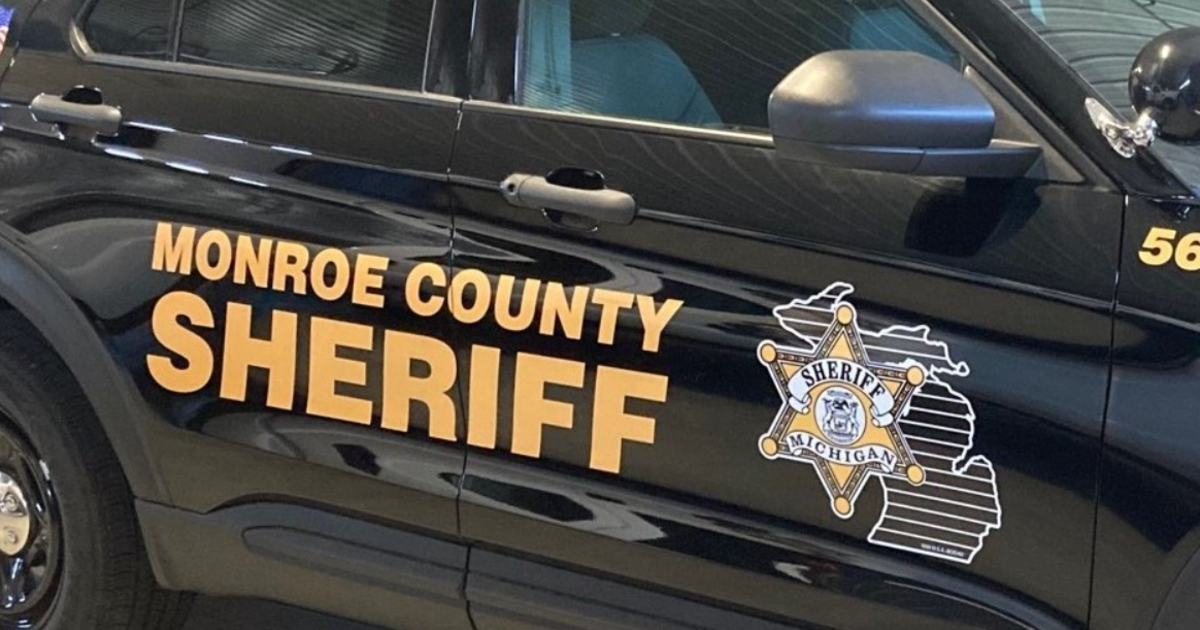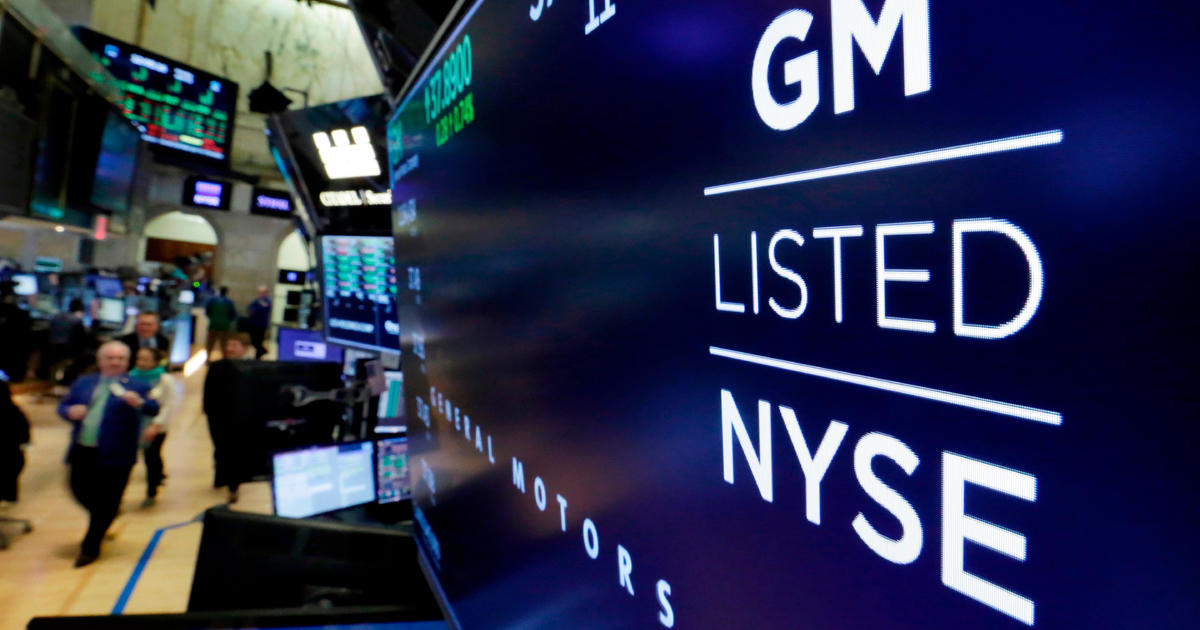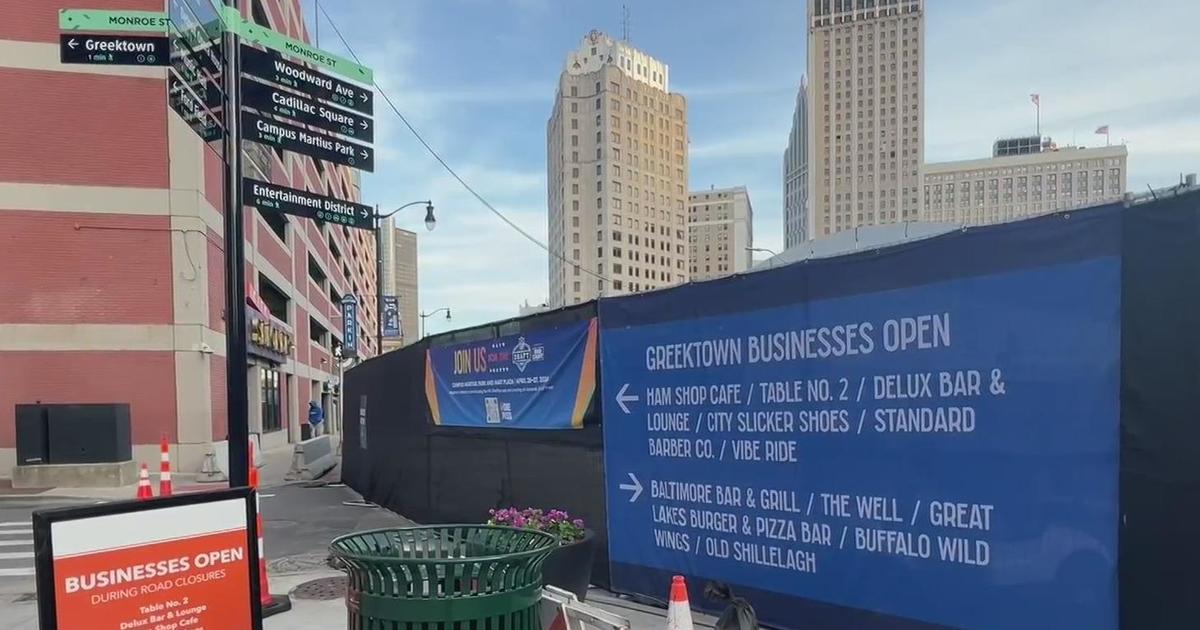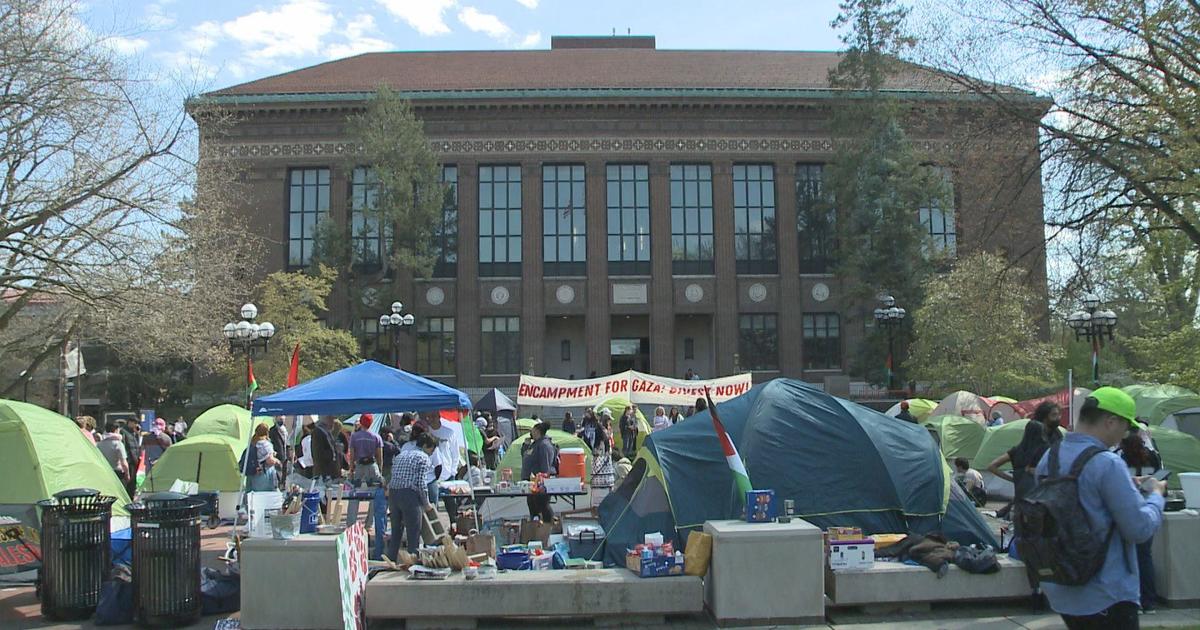Livonia's Roush Diversifies Into Renewables, Biotech, More
Who says we don't build anything in America any more?
Roush Industries Inc. begs to differ.
Founded 34 years ago by former Ford engineer and racing enthusiast Jack Roush to build racing parts for friends, today Roush Industries employs more than 2,000 people at a sprawling 11-building Livonia campus, a tooling center in Farmington, a three-building complex in Allen Park, and vehicle testing locations in Florida, Minnesota, Colorado and Nevada.
Its biggest building in Livonia, at 126,600 square feet, was purpose-designed for auto parts manufacturing for smaller runs of customized vehicles.
But when the bottom dropped out of the auto industry, Roush had to move -- and quickly.
So today, Roush is moving into manufacturing small and medium-sized runs of various goods that go into consumer products, medical devices, military products and renewable energy products.
There are even Roush products in the entertainment world -- seating and other components on major new theme park rides, for instance.
A current Roush project has the company building 16,000 home charging stations for electric vehicles for San Francisco, Calif.-based Ecotality.
Roush vice president Dean Massab said Ecotality was familiar with Roush's work on other projects. And, he said, "They are very well versed on charging stations, and we are very well versed in the design and production of products. We will do all the manufacturing and assembly for all 16,000 of them in this building."
The project, funded by the federal Department of Energy, will collect data on how electric vehicles interact with the electric grid.
Besides electric vehicles, Roush is also providing fleet conversion equipment to allow Ford small and midsized trucks and vans to burn liquid propane. The much cheaper price of the equivalent of a gallon of fuel for propane makes for a quick payback, Massab said.
Said Richard H. Trotter, executive director of the Roush Manufacturing unit, said that in general "our clients invent things, and we commercialize them and bring them to market."
Roush has also branched out into medical devices, buying the intellectual property and then improving and selling a cell culture purification unit.
And it's building carts for heavy backup generators for Honda.
"The key for us in the sustainability of this place is diversification and high value add," Massab said.
Trotter and Mark Frans, Roush Manufacturing program planning manager, showed me the back shop of the biggest Roush building, where workers were molding, sanding and painting a variety of plastic body parts for various vehicles.
Tom Topper, director of Advanced Composites and Paint for Roush, showed me the company's separate 87,000-square-foot skunk works, where people literally come in with crude designs that are transformed into manufacturable products.
A favorite project of Topper's was the Bell 429 helicopter. In the helicopter industry, Topper said, companies build a few prototypes and take them to air shows to try to get orders. For the 429, Bell instead had Roush build non-flying detailed prototypes from their early computer-aided design data -- and got 120 deposits on the $4 million machine pre-production.
Topper's department is also building 100 driving simulators for the California Highway Patrol for the Ann Arbor simulation software developer FAAC. The unit is also working on military simulators, and possible interactive units for The Henry Ford in Dearborn.
Also built in Topper's shop are noses, tails and roof safety flaps for Ford race cars, the Chevrolet Impala and Toyota Solara funny car drag racing bodies, and huge plastic domes for flight simulators.
Topper's Building 13 also houses design and manufacturing of wiring harnesses and circuit boards.
And I also toured the separate noise and vibration control building on the Livonia campus, where director Paul J. Riehle tests a variety of products, from cars to golf clubs to baseball bats to helicopters to computer disk drives, for noise and vibration problems. Then, the unit's 30 employees design solutions. The company uses a Linux computer cluster with 72 processors to crunch the numbers, and also has a four-wheel vehicle dynamometer to conduct its tests.
Massab said Roush is hiring -- in program management, engineering, and soon in sales and marketing. With the company's electric and propane vehicle efforts, Massab said, "there will be more high tech jobs here."
(Full Disclosure Dept.: To the best of our knowledge, GLITR editor Matt Roush and Roush Industries founder and chairman Jack Roush are not related, though it's an unusual enough name that they may share an ancestor way back.)
(c) 2010, WWJ Newsradio 950. All rights reserved.



